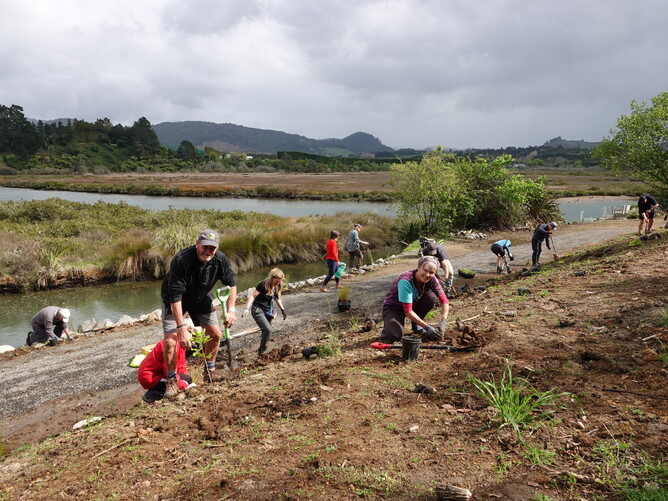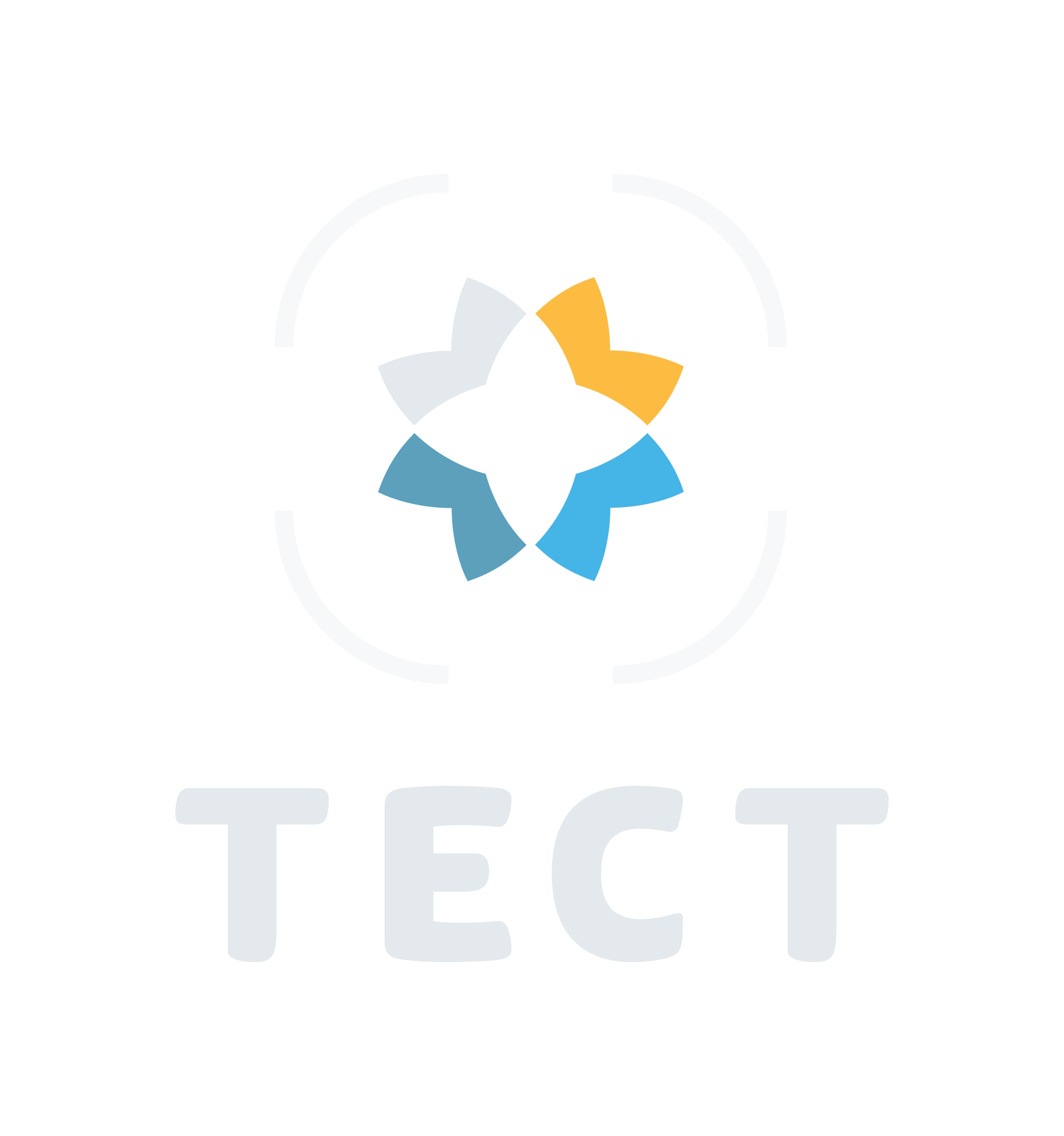Through a single funding application from Bay Conservation Alliance, nine environmental conservation groups across the Western Bay recently received a share of $500,575 towards their initiatives over the next two years.
Bay Conservation Alliance’s (BCA) vision is that through collaboration, the natural ecosystems and indigenous biodiversity of the Bay of Plenty are restored. They’ve led the way in environmental collaboration by providing essential back-office systems, environmental conservation expertise, policy and planning support, education programmes and regional advocacy for the many conservation and care groups throughout the region. They recently submitted a joint funding application to TECT on behalf of eight of their member groups.
BCA supports 29 community-led conservation groups across the Bay of Plenty. These member groups focus on improving environmental outcomes with varying focus areas. Some aim to project and rejuvenate specific species like the Kiwi or Little Blue Penguin, and others focus on environmental education in schools and wildlife rehabilitation, cleaning up rivers and streams, and revitalising the native bush by removing pest plants and species.
By lightening the load for their member groups, BCA reduces the taxing task of administration for often volunteer-run member groups. They assist in administration, supporting groups with financial management, communications and marketing, volunteer recruitment and management, fundraising, advocacy, and project management.
Bay Conservation Alliance Chief Executive, Michelle Elborn, says “We know that by supporting each group for the onerous tasks like funding applications or making sure they have the correct licenses and tools needed, they then get to focus on doing the hands-on work they enjoy.”
“We aim to be a stronger voice for conservation. That collective voice of 29 groups coming together is much more influential and powerful than one alone. If we work together, change will happen.”
“Of the eight-member groups approved funding, two are new to BCA. People and Plants in Schools (PiPS) found their membership very valuable as it’s reduced the pressure on them putting the funding application together themselves after an increase in demand for their programme,” says Elborn, “In contrast, Project Waihi Beach is a new project with exciting aspirations to make Waihi Beach predator free. Their initial doubts were dispelled as soon as they joined BCA, and could see the value of the support enabling them to deliver on their initiatives. It reinforces the value of being a member group and the support BCA gives its members.”
TECT Chairperson Bill Holland says, “Having BCA submit a collective funding application that covers the needs of themselves and member groups is great to see, as it benefits everyone in multiple ways.”
TECT first funded BCA in 2017 and two years later, were funding BCA and it’s Western Bay member groups through a single funding application. This year’s grant is the third of this kind of funding approach, and by providing two-year funding certainty BCA and the care groups can get on with their important work knowing their baseline costs are being met.
BCA acknowledges that the benefit of their work is the connectivity it brings to conservation. Rather than working in isolation, there is a big focus on connecting the network through events and training.
By working with various member groups and knowing what their goals and plans are, BCA can oversee a broader strategic plan to ensure all areas are covered and initiatives aren’t overlapping.
In total last year, BCA member groups collaboratively caught 8,330 pests, planted 65,341 plants, and worked 52,264 volunteer hours (from 3,093 volunteers) throughout 2022. 700 wildlife were rehabilitated, and 186 events/education days were held.
Alongside supporting their member groups, BCA developed the Bay Conservation Cadets – Tauira Mahi programme, an employment, training and development programme to upskill people while delivering environment and conservation benefits. BCA also run a nature education programme in schools, where students discover how unique New Zealand is, gain an insight into many of the conservation challenges in New Zealand, and learn a set of practical conservation skills.
Overall, BCA believes there is an increasing awareness from the community for the need for environmental protection and an awareness that we’ve collectively underinvested in this space.
Elborn says, “With the weather events we’ve had this year, people are becoming more aware that the environment is the foundation of our wellbeing, so if we can get our environment healthy, then the people will be healthy.”
“By investing in the environment, we are investing in ourselves and our community. TECT has enabled this collaborative approach for conservation investment”.
An easy way to invest in conservation through the community is through volunteering for any of the member groups associated with BCA. Some groups get lots of volunteers due to their work and volunteers wanting to help flagship species like Kiwis or the Little Blue Penguin. Still, the need is also in smaller groups or with those who focus on the less glamourous side of conservation, such as pest weeds which still present a huge problem.
Project Parore, a large-scale conservation project also received funding from TECT in September, separate from BCA’s application. This project was created to champion a community-led approach to catchment management, aiming to raise awareness and increase involvement in restoring land, waterways, and harbour habitats.
“Through the support of local volunteers, Project Parore now has a professional team and much bigger catchment programme,” says Elborn, “They’ve succeeded in attracting investment from the likes of TECT to support their work and have built really good iwi relationships and connections.”
“If all our member groups could grow and expand like Project Parore has and can get the support of volunteers, conservation would continuously be in a better position.”
The following groups received two-years funding for operating costs and equipment purchases:
Bay Conservation Alliance – $135,000
Aongatete Forest Project – $44,000
ARRC Trust – $10,000
Friends of the Blade – $16,000
Maketu Ongatoro Wetland Society – $131,575
Otanewainuku Kiwi Trust – $40,000
PiPS – $65,000
Project Waihi Beach – $14,000
Western Bay Wildlife Trust – $45,000




